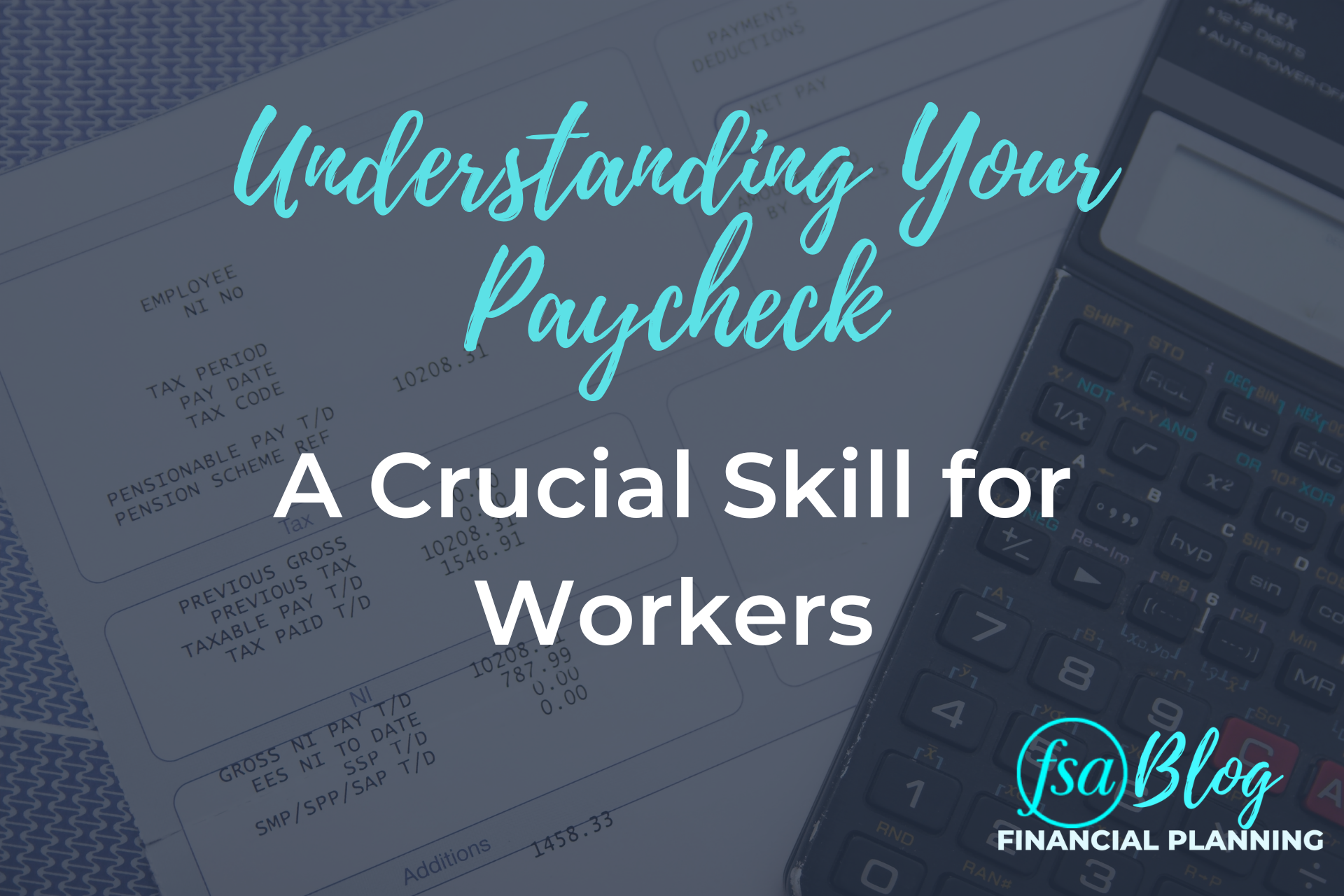Bad financial habits, though they seem small, create a drag on your financial health. Minor changes could make a big impact on your future. Here is a list of six bad financial habits you should aim to eliminate.
Bad Financial Habit #1: Not Maxing Your Employer Match
If you have a retirement account with your employer, there’s a good chance your employer offers a match. In other words, if you contribute to your account, they will also contribute. The catch: If you don’t make a contribution, they don’t make a contribution. This is free money that you don’t want to leave on the table. For more information on employer match, check out our Technical Tuesday video on this subject.
Bad Financial Habit #2: Not Planning Your Meals Ahead of Time
Too often, we’re running late for work and don’t have time to pack a lunch for ourselves. As a result, we stop at the deli for a sandwich at lunchtime. Planning your meals ahead of time cuts down on unexpected dining expenses. In addition, it preserves your budget for special occasions like date night or time with friends.
Bad Financial Habit #3: Not Knowing How Much You Spend
As financial advisors, we ask our clients how much they spend almost every day. Very rarely do people know off-hand what their average monthly spending is. If you’re not sure, we have a quick way to estimate your monthly spending:
- Find your total gross income (salary + bonus + other income).
- Subtract any pre-tax savings, such as 401(k) or traditional IRA contributions.
- Deduct your estimated taxes.
- Subtract any after-tax savings, such as Roth IRA contributions, education savings, or general savings.
- Divide this number by 12 to arrive at your total monthly spending.
For Example:
| Salary | $100,000 |
| 401(k) Savings | ($10,000) |
| $90,000 | |
| Taxes | ($24,000) |
| $66,000 | |
| Roth IRA Savings | ($6,000) |
| Annual Spending | $60,000 |
| Monthly Spending | $5,000 |
Does this number surprise you? If so, be sure to examine your spending habits to see where money is slipping through the cracks.
Bad Financial Habit #4: Not Checking Your Credit Report
At least once per year, you should review your credit report. The main reason to check your report is to look for evidence of identity theft and reporting errors. The last thing you want is to apply for a mortgage only to find out your credit score sank due to a bank reporting error. Be sure to check your report from each of the three reporting agencies (Experian, Equifax, and TransUnion) as they may be different. Visit http://www.annualcreditreport.com to request your free report.
Bad Financial Habit #5: Not Planning for Big Expenses
We all have that one bucket list item – a trip to Australia, a new Mercedes, or a beach house on the coast. But how many of us are actually saving towards accomplishing that goal? If you sit down and find the exact cost and what you can afford to save (see Bad Habit #3), you might realize your bucket list item is more attainable than you thought.
For instance, let’s say a trip to Australia costs $15,000. If you can set aside $250 per month, your vacation will be funded in about five years. Of course, life can derail your plans and other expenses may lengthen the time it takes you to reach this goal. But slow progress is better than no progress at all. Having a goal compels you to be more intentional with your spending. That $4 coffee sounds a lot less tempting if it prevents you from seeing the Great Barrier Reef.
Bad Financial Habit #6: Not Asking for Help
Few people change their own oil in their car or diagnose their own illnesses. Financial advisors exist for the same reason that mechanics and doctors exist – people can’t expect to know how to do everything on their own. For advice on these or any other bad financial habits, don’t hesitate to reach out to us for help.
For our disclosures, including our Disclosure Brochure, please visit www.FSAinvest.com/disclosures.




